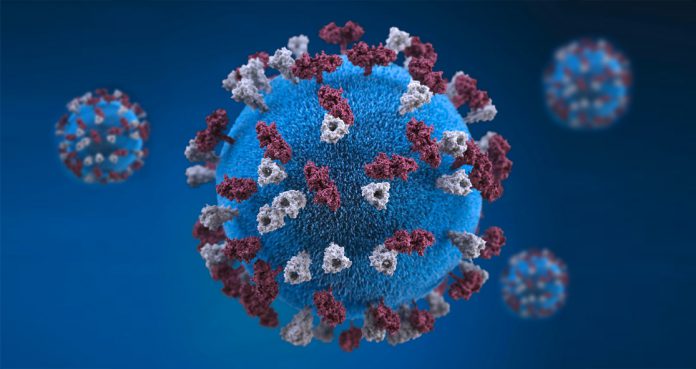Over the past week, the number of people suspected to have mumps has significantly increased.
As the mumps outbreak continues to grow, public health officials at Temple University suspect 54 people to have contracted the infection so far.
On Monday, a spokesperson for the Philadelphia Department of Health said, “Testing confirmed that 12 people contracted the disease and 42 others are considered probable cases.”
Last Wednesday, the count was 28.
Amid this outbreak, a rumor has been spread among students that the University of North Philadelphia was considering a temporary closure. Christopher Vito of the Temple University shot down at the rumor, suggesting through an email, “no conversations regarding university closure have taken place.”
According to the CDC, mumps is a contagious disease and can easily spread among people through close contacts, such as kissing, sharing of cups and fluids, or competing in sports.
The characteristic symptom of mumps includes puffy cheeks due to infection in and swelling of the salivary glands. Other associated symptoms include a headache, fever, muscle aches, fatigue, and loss of appetite.
The outbreak had prompted the public health officials to change its vaccination policy for incoming students. They advised students to receive two doses of the MMR (measles-mumps-rubella) vaccine prior to entering school.
The CDC explains that the MMR vaccine can decrease the risk of contracting mumps by nearly 88 percent.
However, the efficacy of the MMR vaccine may wane over time, which means there is a need for a booster dose to improve the body’s defense mechanism against the virus. Public health officials believed that waning of the efficacy of the vaccine could be the reason why the number of mumps cases is increasing. City health officials are recommending students, who are suspected to have the infection, to limit close contact with other people.






















